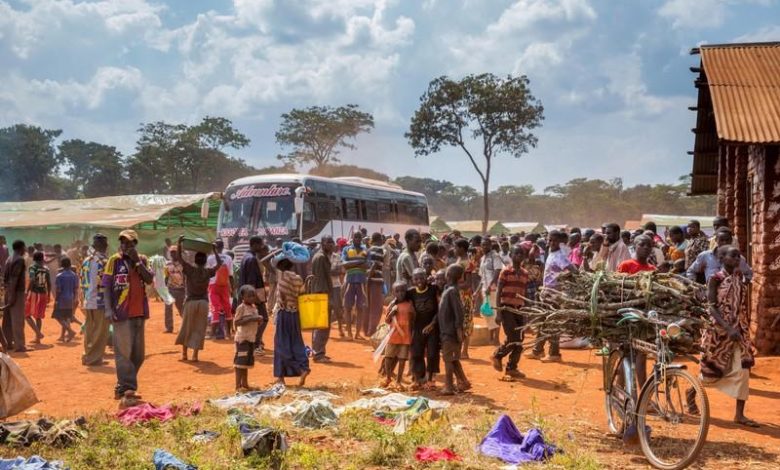Burundi Refugees In Tanzania To Finally Go Home

Burundian refugees, still sheltered in camps, in neighbouring Tanzania are set to finally go home in the near future.
Tanzania and Burundi have agreed in principle to repatriate Burundian refugees still living in camps in northwestern Tanzania after the voluntary repatriation process of October 2019.
Tanzania’s Home Affairs Ministry data shows that there are still 136,221 Burundians at refugee camps in the country and only 10,108 have expressed the desire to return home.
The ministry’s spokesperson, Christina Mwangosi, told The East African that all procedures for repatriation are in place and the ministry will coordinate the exercise jointly with officials from the United Nations High Commissioner for Refugees.
The call to repatriate Burundian refugees living in Tanzania was made recently by newly Burundian President Evariste Ndayishimiye who pleaded for their unconditional return.
“We have just honoured ourselves by showing the world that we no longer need to ignore lessons of democracy. It is rather our turn to teach others,” he said in reference to the peaceful election and transition despite the sudden death of the outgoing President Pierre Nkurunziza before the handover.
President Ndayishimiye appealed to all Burundians who love democracy but living in exile in Tanzania may return home to enjoy his victory and that of the country, and as promised during the electoral campaign, that he would serve all without discrimination.
He called on all Burundians to preserve peace and security.
The last batch of Burundian refugees left the country in October. Burundians make up the majority of the 280,000 refugees registered in Tanzania at the end of 2018, according to the UNHCR.
Edward Ogolla of the UN agency said that up to now, about 85,396 Burundian refugees have returned home since September 2017.
Hundreds of Burundians fled the country or were killed in clashes during the bloody turmoil in 2015 when then-president Pierre Nkurunziza ran for a disputed third term.
Street demonstrations led to a crackdown and killings by police, military, and pro-government militia.
Nkurunziza died in May after elections by COVID-19, which he denied to ever existed in the country.
Support Our Journalism
There are millions of ordinary people affected by conflict in Africa whose stories are missing in the mainstream media. HumAngle is determined to tell those challenging and under-reported stories, hoping that the people impacted by these conflicts will find the safety and security they deserve.
To ensure that we continue to provide public service coverage, we have a small favour to ask you. We want you to be part of our journalistic endeavour by contributing a token to us.
Your donation will further promote a robust, free, and independent media.
Donate HereStay Closer To The Stories That Matter




